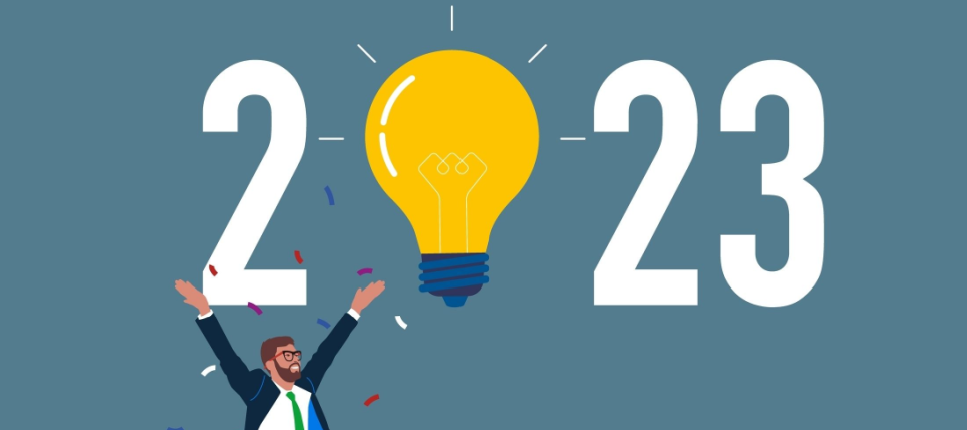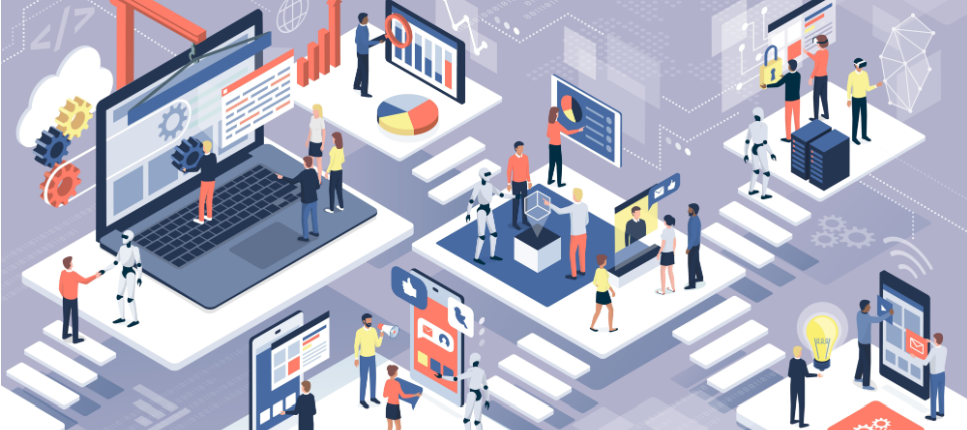A new year is starting to unravel itself. With it, the usual listicles of trends and prognoses about the future of different aspects of our lives are beginning to be abundant. With a focus on education, and instead of going down the usual path of what 2023 could have in store for us, I decided to focus on one aspect that started to make its presence felt and which, most likely, will continue to impact the way we learn and teach. However, there’s a catch to my limitation to one subject article – bear with me. The aspect I have in mind is Artificial Intelligence (AI), the hope, for some, of better and improved learning and the fear, for others, of losing control over aspects that essentially make us humans.
Fears
AI has the potential to disrupt multiple industries and cause considerable shifts in the job market. As AI systems will become more advanced and perform tasks that currently require human labour, unemployment, even in the education market, could soon follow. This will most likely be the case for many administrative positions but can also affect educators.
Further, concerns of ethical and moral nature could also multiply. Unfortunately, the AI can become biased depending on how its algorithms are developed and can perpetuate and multiply discrimination (think about a system that could prevent access to education for students just because it perceives them as having less chance of success because of their social-economic status). AI’s potential to process a large amount of information about students could also lead to problems linked to privacy and data security.
Other worries are linked to the AI’s ability, or lack of it, to understand human complexity (especially picking up subtleties in human interactions) and offer learning solutions that accommodate students with different needs and abilities, a one-size-fits-all option.
Problems of using AI for cheating are also starting to arise, and different systems that help write papers are already being used (though so are the systems that can check if a text is written by an AI or a human too).
Overall, the field of AI is still not fully understood by the general public, and feelings of fear and mistrust are likely to oscillate in their rumours-evidence dance.
Hopes
As in many other situations, the changes in our society are coming not only with their amount of fear and problems but also with their share of opportunities. AI is already employed in various educational scenarios, from virtual tutors and personalized learning platforms to automated grading systems and language translation tools. These tools and systems will probably become more prevalent, especially in academic settings, as AI technology advances.
Although the one-size-fits-all fear can be valid, AI, when correctly set up, can actually increase the way personalized learning is carried out by analyzing considerable amounts of data, identifying patterns and repurposing the content to suit a more individualized approach. Furthermore, in order to keep students engaged and motivated, AI can be utilized to develop adaptive learning systems that can change the difficulty level of the content based on the learner’s success.
Teacher and student support is also one of its advantages, automating specific tasks and providing feedback. As for the potential unemployment triggered by the automation process, it can be seen as transforming and pushing the job market towards developing different types of work functions (think about how specific jobs have been changed in the past by the industrial revolution).
AI combined with other technologies (for example, Virtual or Augmented Reality) can be used to build engaging learning environments and immerse students in lifelike simulations of real-world scenarios, enabling them to learn and apply their knowledge in a secure setting.
Here’s one example in which we paired an avatar of Isaac Newton with AI and gave it life in a virtual environment for students to interact live with:
How does AI work?
AI systems combine large sets of data with iterative processing algorithms to learn from patterns and features in the data they analyze. Each time an AI system processes data, it tests and measures its performance and develops additional expertise. In other words, it “learns” and tests the most likely answer to a task. It does not foresee the future, nor it’s yet at a level at which we could fear it will overtake the world.
And here’s the catch mentioned at the beginning of this article. To test the potential of AI, I asked one system to write an essay about the future of education. So here it is (with a grain of salt included):
Related articles:
- The fascinating potential of VR for medical training
- Mini glossary of artificial intelligence
- Neuroscience: learning in 4 steps
- 10 Advantages of Virtual Reality for Learning
- Virtual Reality 101
- Virtual and Augmented Reality: 8 uses within universities
- Meeting your learning objectives in XR
- Using Photogrammetry to Immortalize a Historical Landmark
- Artificial intelligence: from manual programming to deep learning
- Intelligent Adaptive Learning: Everyone’s Training!
- 4 Challenges for Education in the Digital Revolution Era
- [Case Study] Integrating Virtual Reality in Higher Education: The Faubourg à m’lasse
- Gamification in 3 questions
- Play and the Adult Learner: Test Your Knowledge!
- Is Having Fun in Higher Education the Way Forward?
- Adult Learners and Play: 5 Research Findings






Leave A Comment